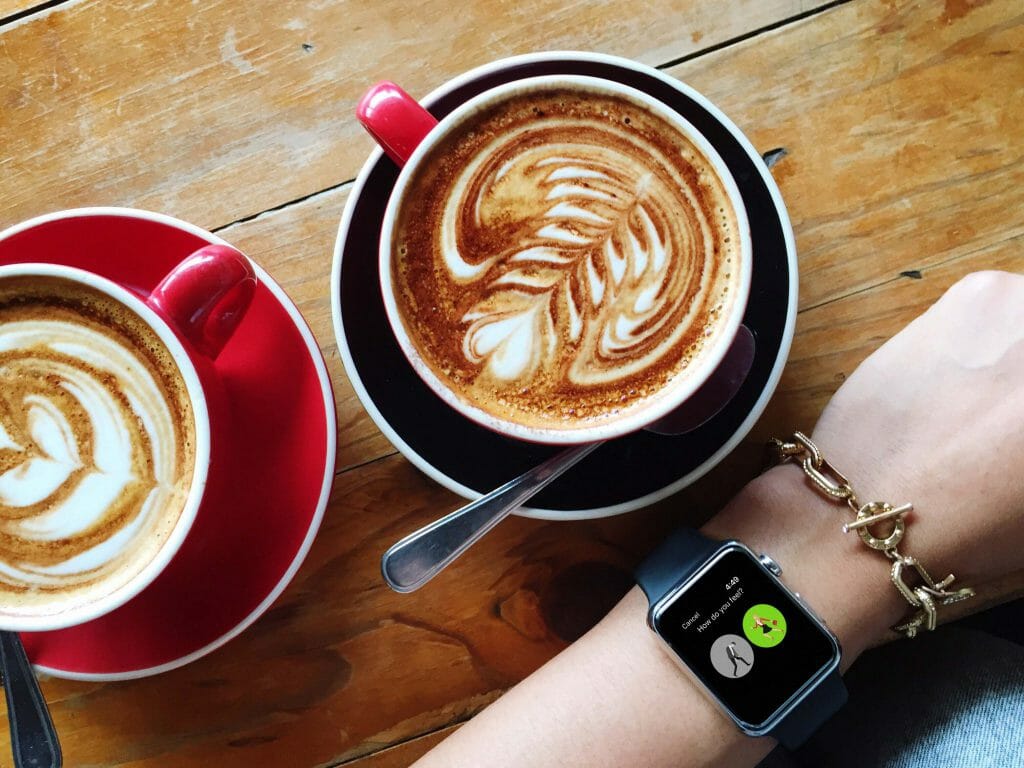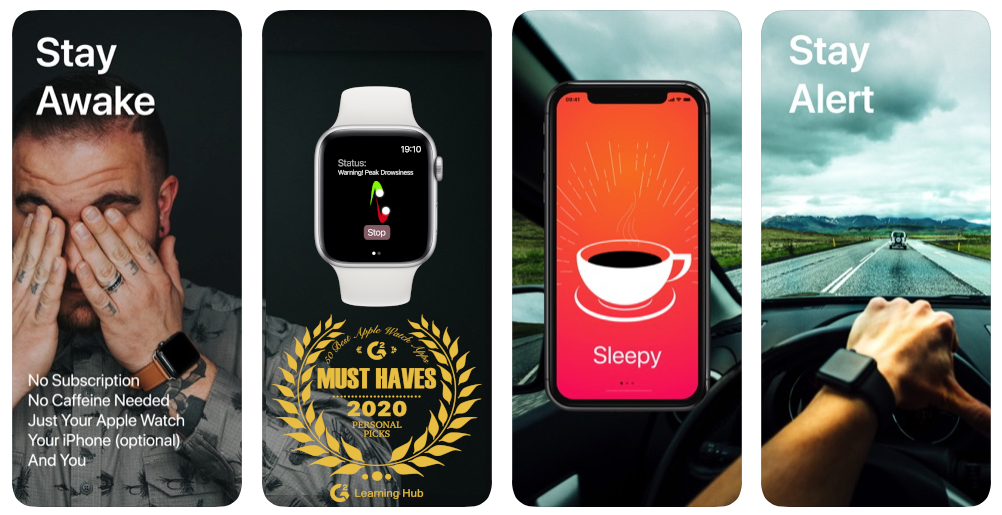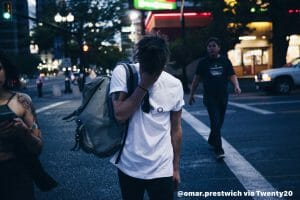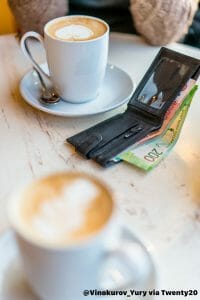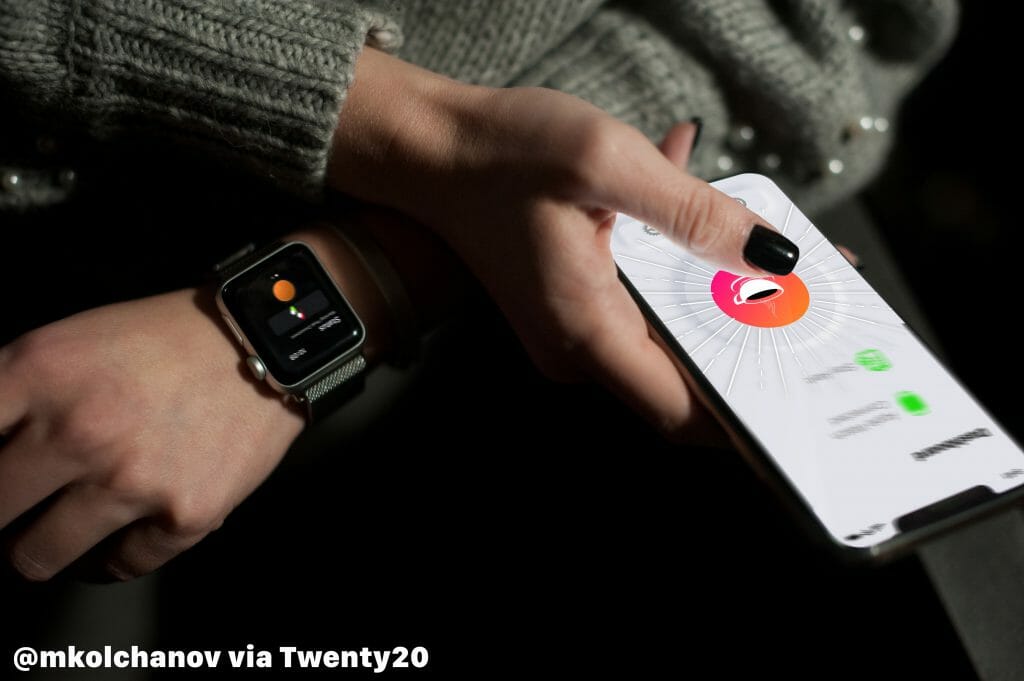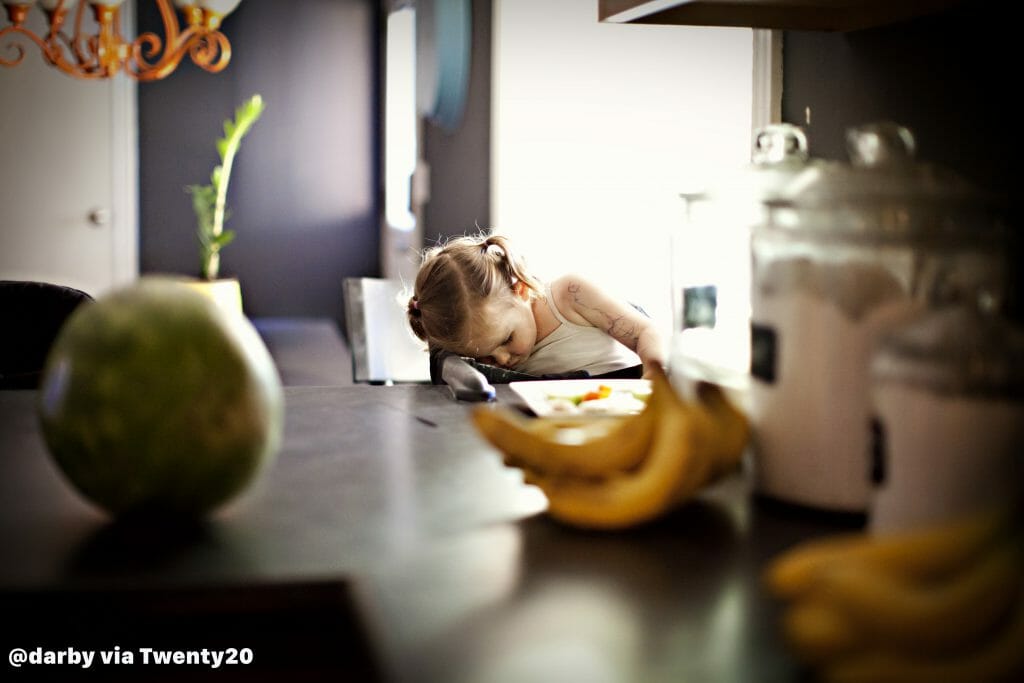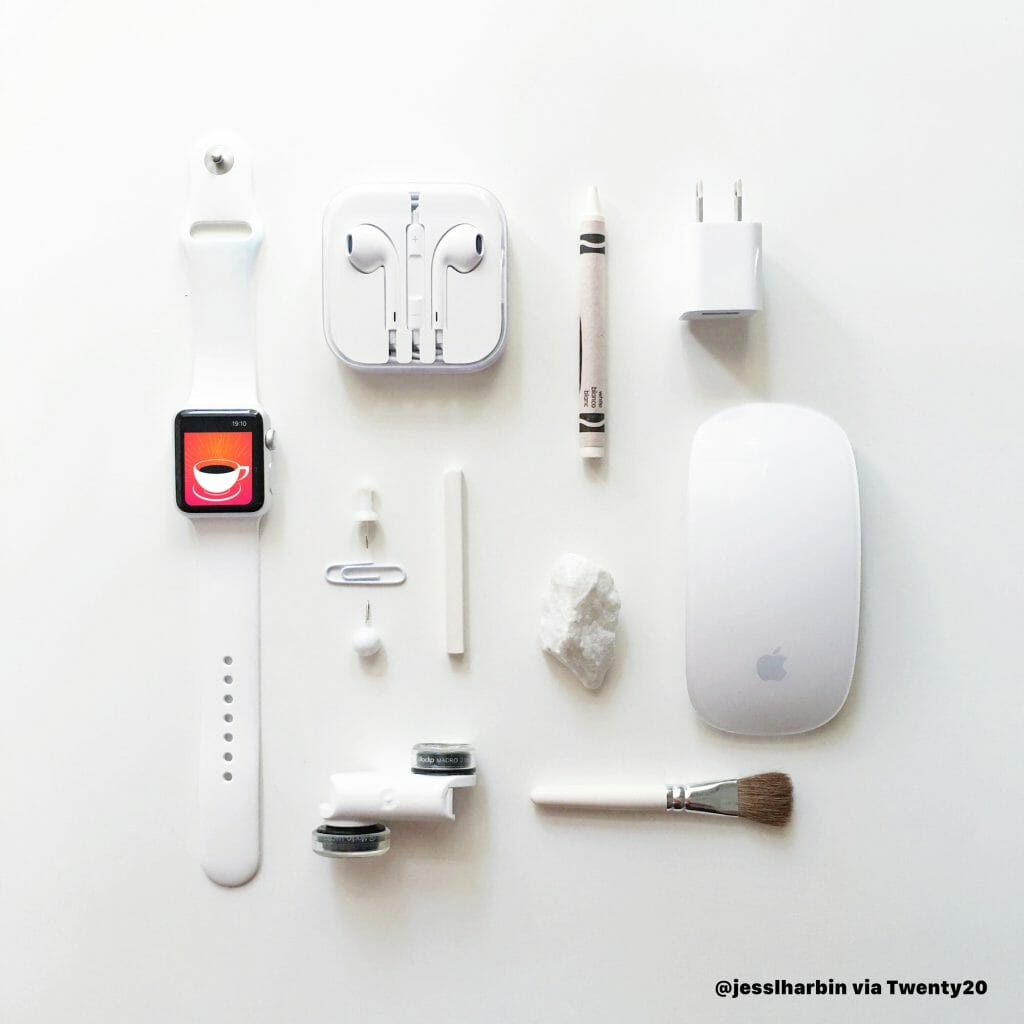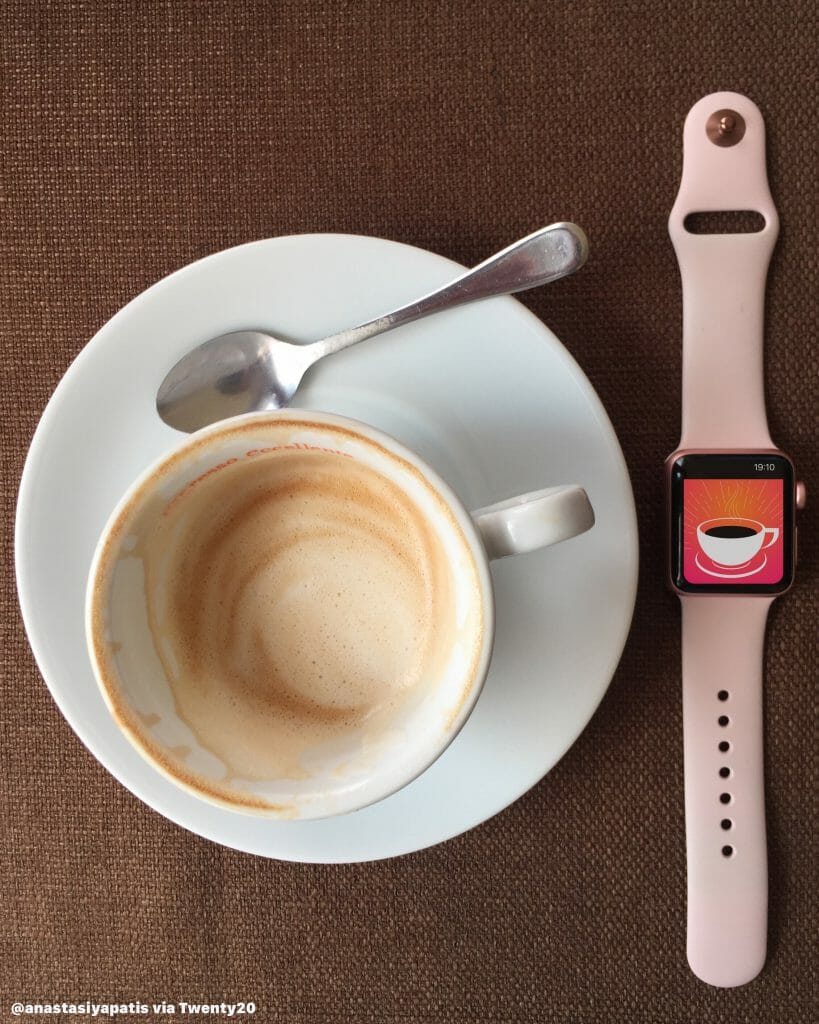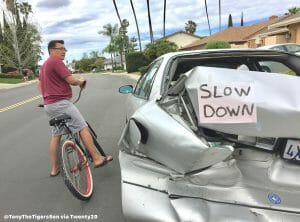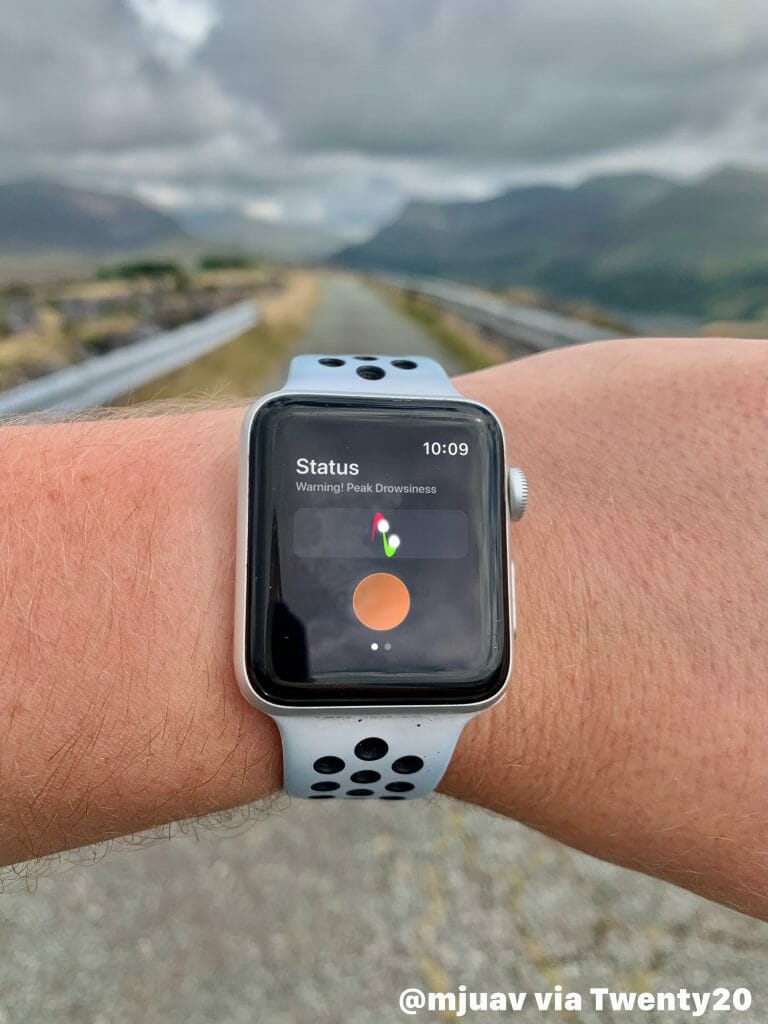Too Much Caffeine?
V-CAF Is The Alternative
Stay Awake Stay Alert Stay Focused
Over the years I found that my tolerance to caffeine had increased. Coffee, tee, caffeine pills and energy drinks weren’t having the same effect they once did.
I found myself having to increase my consumption of caffeine in all of its various forms just to feel normal, and normal meant no headaches and no cravings for a coffee, chocolate or energy drinks.
Eventually I had enough and decided to quit caffeine and get back to feeling like myself. Going through that process felt like pushing a boulder up a steep mountain, but along the way I found some shortcuts and helpful techniques that lessened the discomfort.
Before Setting Off
Up until I decided to quit caffeine, life seemed hectic, and therefore, always a need for a little pep up. Studying, tests, exams, looking for work, job interviews, on the job learning, deadlines, it never seemed to end.
At each new phase I promised myself that I would either cut down or stop drinking so much caffeine, but there was always something new that would eventually lead to bingeing on whatever caffeine I could find to “get me through this”.
Even after I got the jitters from taking caffeine pills and drinking caffeinated sodas to help me stay awake whilst studying for my university entrance exams, you’d have thought that I would just stay away, but I didn’t.
Why
This was the question I asked myself each time I decided to quit and the same question I asked myself when I started to binge. A good friend advised me to give up on the caffeinated drinks and caffeine pills, but didn’t offer any advice on how to do that.
I didn’t think that I had a problem so I didn’t talk to my doctor about it and decided that all I had to do was quit. But here’s the thing. At the time I didn’t realise that my caffeine withdrawal symptoms were actually driving me back to caffeine.
The symptoms include :
- Headaches
- Drowsiness
- Fatigue
- Reduced Performance
- Vomiting
- and Nausea
In the October 15th 1992 issue of The New England Journal of Medicine, an article by John R, Hughes, M.D. stated:
“One central feature in most definitions of dependence is that the drug serves as a reinforcer [subjects give the drug to themselves]…
Hughes, J. (1992). Clinical Importance of Caffeine Withdrawal. /The New England Journal of Medicine,/ /327(16),/ 1160-1161.
Self administration of caffeine has been demonstrated in several studies in humans. A clinical counterpart to drug reinforcement is the notion of losing control, i.e., being unable to stop using the drug or using the drug despite the knowledge that it is harmful. Unfortunately, we do not know whether caffeine users have difficulty ceasing to use caffeine or whether they continue to consume it despite physicians’ recommendations to stop.”
Change of Path
So on my journey to lose my caffeine dependency, with many starts and stops, I finally found something that worked. That something wasn’t just one thing but the summation of all the little things that I had done or exposed to that helped me change my perspective and continue to reap the benefits even now.
- Stop Trying To Give Up Caffeine
We all know some version of the following. If I tell you to close your eyes and not think of a delicious cup of coffee, the chances are that you are going to picture a cup of coffee. When I decided not to drink caffeine anymore I found myself noticing people all around me drinking my favourite sodas with caffeine and I found that I thought more about caffeine and what I was missing!
When I finally said I’ll take each passing moment as it is and acknowledged that there was a chance that I would cave in to temptation, I eventually found that I didn’t even notice that I hadn’t had any caffeine substances until someone offered it to me. Now I can occasionally have caffeine in one of its many guises or I can decline, either way it doesn’t faze me. - Get Better Sleep
I still have periods where I don’t get as much sleep as I need, but they are fewer now since I committed myself to get more sleep. But it’s not just quantity, it’s also quality which I strive for now. An easy win in this area is to exercise more and avoid caffeine after lunch. - Reducing Stress by Taking More Breaks
I now without fail take more breaks during the day. I’ve replaced coffee breaks with either short naps, walks outside or water breaks. Before I used to work through until I finished whatever task I had to complete. But now I not only take breaks, I take smart breaks. Whenever working I start our app V-CAF on my Apple Watch and leave it running. When I’m tired or my alertness starts to waiver I get an alert, and it’s at this point that I take a break for 5-10 mins before coming back and starting the next round. The unexpected side effect of this has been to reduce my caffeine intake because I now know when my alertness levels are low, so I can do something about it rather than just automatically reaching for a coffee.
Summary
It ain’t easy to give up a caffeine dependency, but you can make it easier on yourself by:
- Not focussing on giving up caffeine
- Increasing the quantity and quality of your sleep
- Take more smart breaks where possible whilst working, studying or playing
Afterword
Remember to take things at your own pace and gradually if you want to succeed in losing your caffeine addiction. Good Luck 🙂
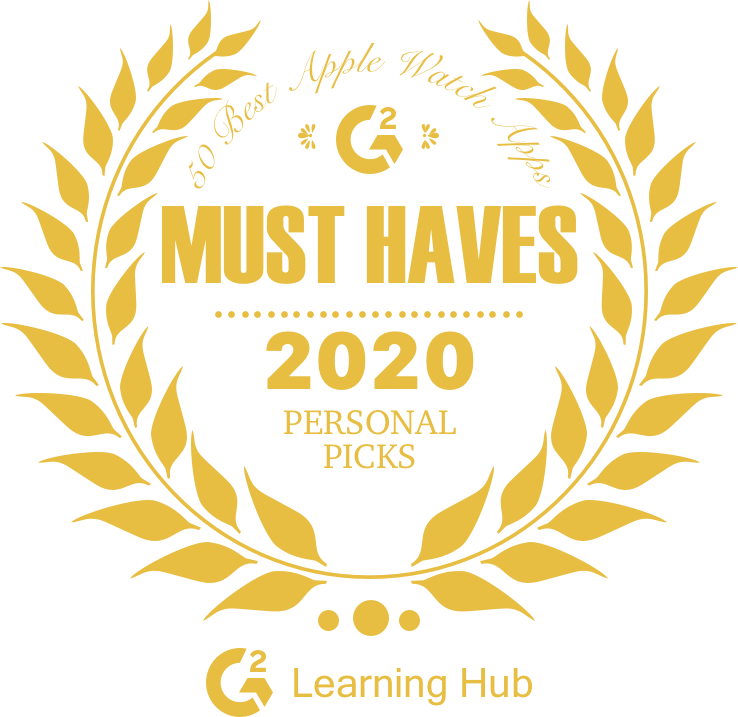
Now available on the App Store, download it now!
